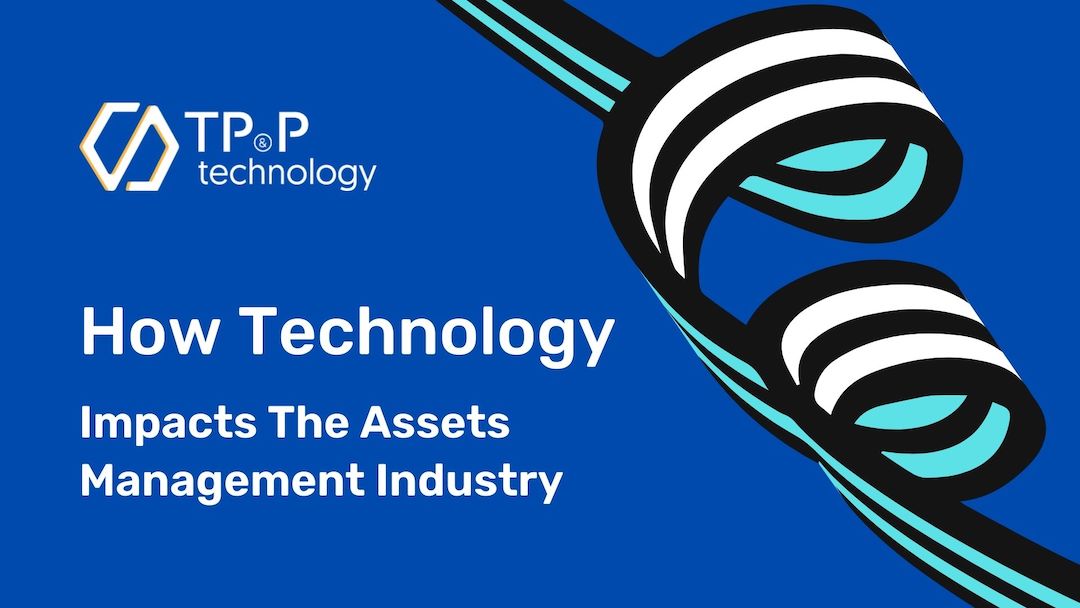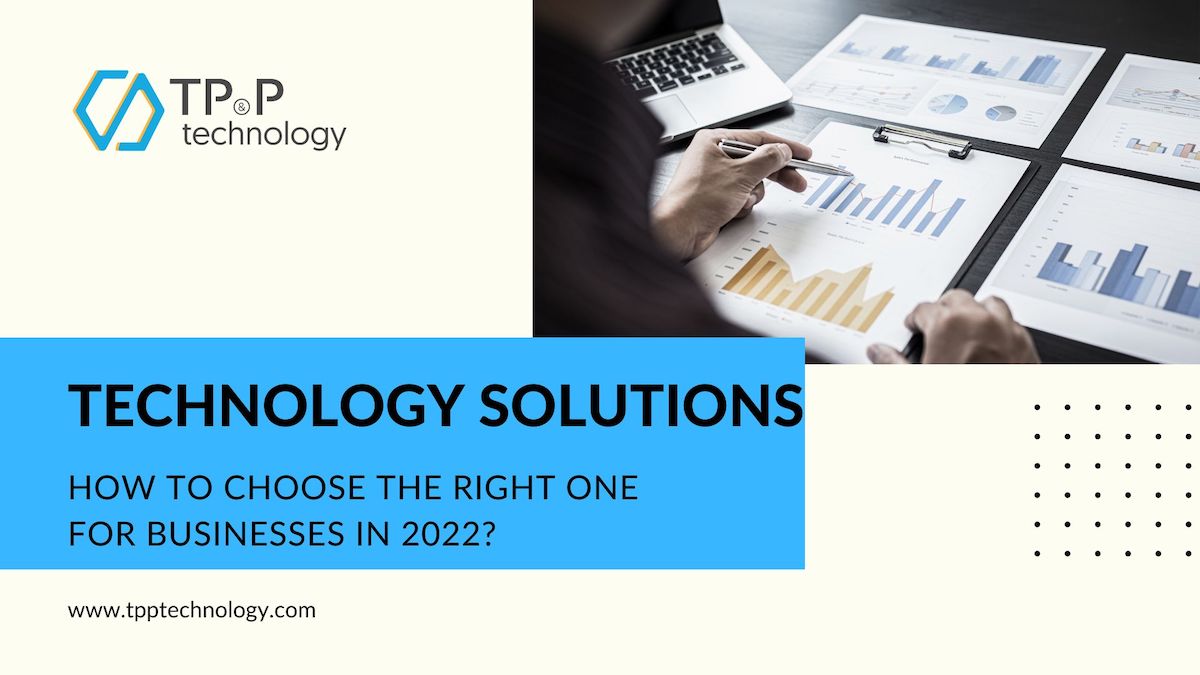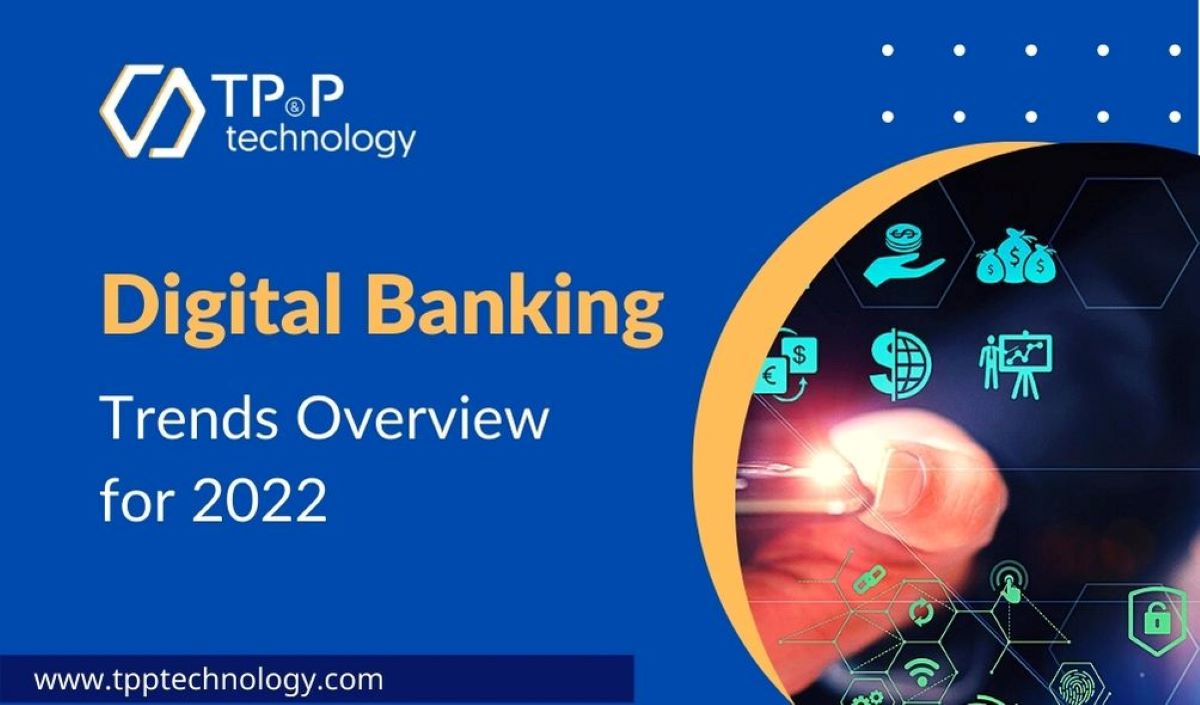
How Technology Impacts The Asset & Investment Management Industry
Growth and the covid-19 pandemic are changing the business landscape day by day. To keep up with market demands, and new Fintech regulations, many investment firms are turning to technology in order to rapidly respond to the growing complexity of the market.
Modern technology can help to streamline the investment lifecycle, making managing deals from beginning to end also becomes easier, enabling teams to collaborate, letting all stakeholders access the same data and insights, and access from one centralized data place.
In this article, let’s examine the impact of technology on the investment and asset management industry, and how firms can leverage technology to their advantage.
Investment & Asset Management Using Advanced Technology
Business organizations, large or small, are all shifting to a digital world, and investment firms are no exception. In a time where there is too much noise and uncertainty, it’s more important than ever for investment firms and fund managers to make strategic decisions based on data.
With portfolios now consisting of multiple asset classes, General Partners have started to realize the inefficiencies found in spreadsheets and single-asset systems. Not having comprehensive technology solutions to handle data across multiple asset classes, firms and general partners find themselves in the tangle of having to reconcile data and information.
This is where advanced technology comes in for the rescue.
Firstly, instead of having to wait for quarterly paper reports like before, technology can help to enhance the customer experience by giving all stakeholders direct access to data and reports anytime and anywhere.
Secondly, innovative technology like AI (Artificial Intelligence) and Big Data are changing the investment process as a whole. The use of public and private data and analytics technology offers firms succinct and calculated information to help with the process of investment research.
Automated Data Centralization
The traditional methods of data processing would involve the use of spreadsheets and manual entry, which can be time-consuming and prone to errors, especially when the amount of data required for processing and analysis in the investment and asset management industry is increasing day by day.
Adopting a centralized, cloud-based platform for data management and analytics can help firms save time and enhance productivity. Innovative technology like NLP (natural language processing) allows employees to query and search for specific metrics and generate custom reports within a few minutes.
It’s worth highlighting that financial and investment teams should adopt data and analytics solution that is custom-built for the specific investment management needs or uniquely designed for their businesses.
This is because the specific industries will have different requirements in terms of data input, metrics, regulations, and several other aspects. However, this option could be more expensive with additional costs incurred related to implementation, process consulting, and maintenance.
The other route is to purchase solutions that were developed by independent software vendors, including SaaS (cloud-based solution) that can be accessed online across a range of devices such as laptops and smartphones, ensuring accessibility any time, anywhere.
This would eventually come down to either "buy" or "build", depending on the budget and specific needs of the organization.
Systems Interoperability
One of the most important aspects which have been impacting the investment and asset management industry is the use of data and advanced analytics to generate insights from one single source of truth.
However, many firms still have a vast amount of internal data residing in various silo systems, making analytics and reporting inefficient and inaccurate. Eliminating efficiencies is essential to achieving a competitive edge amid market pressures and increasing competition.
Ensuring applications become interoperable translates to a robust IT infrastructure where data sources are integrated and centralized into one place. Simplifying operations by consolidating applications, including legacy systems modernization, can prove to provide many benefits for asset managers spanning better operational efficiency, easier regulatory compliance, and enhanced investment performance.
Moreover, adopting technology can also ensure data integrity and consistency throughout the investment lifecycle, as well as improve risks mitigation.
The Rise of Fintech
The conventional technology tools stacks like spreadsheets and silo information systems are no longer adequate to meet the rising market demands which require advanced technologies solutions to make fact-based investment decisions.
In particular, retail investors today have access to a range of self-managed investment apps which require firms need to modernize their systems in order to adapt to changing market demands.
Effective administering an investment portfolio of conventional and alternative assets lies on the ground of technology. For example, reporting will rely on advanced analytics along with machine learning models for forecasting - enabling effective portfolio management.
This will also help improve transparency in various operating activities which remains a pervasive issue in the financial industry.
The rise of fintech solutions using advanced technologies like blockchain, artificial intelligence, robotics, and advanced analytics using big data, etc. have also significantly impacted the asset management industry.
Additionally, with the advent of fintech solutions also comes new regulations being put into enforcement, putting additional pressure on compliance. Investment firms can no longer stay complacent but need to modernize themselves with technology to stay competitive. Otherwise, it will be unlikely for firms to compete in the new changing landscape. 
Conclusion
All in all, should firms seek to stay competitive in the new era, they would need to embark on long-term initiatives to streamline the management and operating process through the use of digitization.
Leveraging modern technologies, including innovative AI-powered solutions can help solve a plethora of antiquated problems found in the asset management industry, at the same time remaining competitive in an ever-changing and competitive market.
Looking to hire skilled software engineers? Contact TP&P Technology - Leading Software Outsourcing Company in Vietnam Today.



